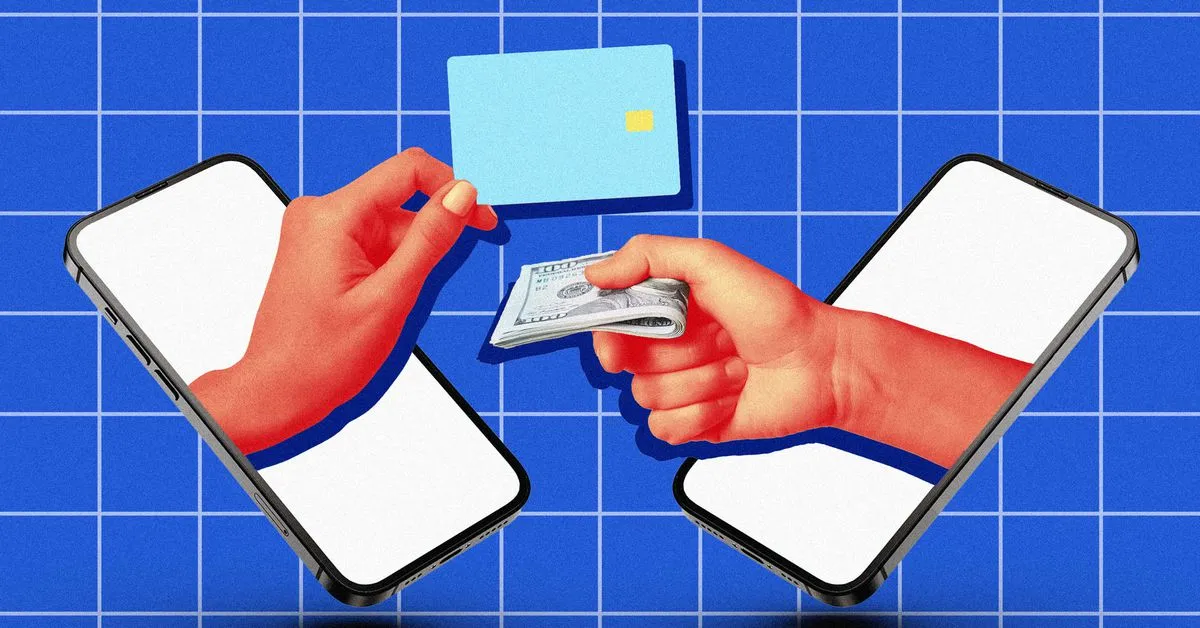- cross-posted to:
- technology@lemmy.zip
- cross-posted to:
- technology@lemmy.zip
“If you’re someone who’s buying products on the web, we know who is buying the products where, and we can leverage the data,” Grether said in a statement to the WSJ. He also said that PayPal will receive shopping data from customers using its credit card in stores.
A PayPal spokesperson tells the WSJ that the company will collect data from customers by default while also offering the ability to opt out.
PayPal is far from the only company to sell ads based on transaction information. In January, a study from Consumer Reports revealed that Facebook gets information about users from thousands of different companies, including retailers like Walmart and Amazon. JPMorgan Chase also announced that it’s creating an ad network based on customer spending data, while Visa is making similar moves. Of course, this doesn’t include the tracking shopping apps do to log your offline purchases, too.



I don’t mean online where gdpr applies I mean in physical stores. My company uses a service called bridg but there’s others. If you swipe your card to buy something at my business and I don’t know anything about you except that card swipe. I can find out who you are, where you live, your approximate income etc. Then cross reference that with any other database that can be bought or other bridg partners to know your spending habits. Then I can say find me more customers matching op profile for my business and that’s how you get targeted in the real world. Online it’s 100x easier for them because you are typically getting something mailed.
GDPR isn’t just an online thing, it applies everywhere so I don’t know how your bridg software is getting away with that!